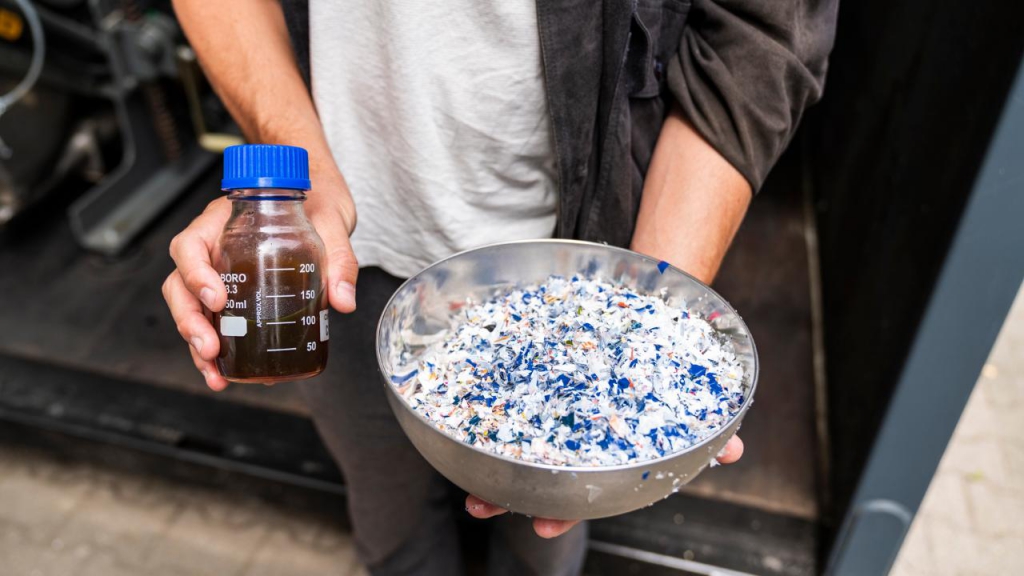Technology That Turns Plastıc To Dıesel From Germany
Tons of plastic is unconsciously thrown into the seas and the environment, and waste is collected in all regions. What can we do about this waste problem in the world?
A Saxon company from Rossendorf, near Dresden, developed a machine that could save the world from waste drowning. For example, Biofabrik can convert one kilogram of plastic into one liter of diesel gasoline and use it in boat engines and generators.
In this way, the waste can literally be converted into a commercial product and thus revenue is generated.
There Is Enough Waste
More than 400 million tons of plastics are produced each year in the world, a total of 8.3 billion tons between 1950 and 2015. So far, almost one-tenth has been recycled. For example, each German produces an average of 38 kilograms of plastic waste per year. It is likely to be a much more in Turkey
This vision transforms waste on board directly from deep-sea fishermen’s nets and provides immediate fuel. Tourists and locals keep the beaches clean, they use money to get money for example through Paypal or a free cocktail at the beach bar.
Technology can also help in crisis areas; A facility will be built for the world’s largest refugee camp for Rohingya in Bangladesh. Oliver Riedel, founder of Biofabrik: Refugees will then be able to convert the plastic packaging of the aid facilities directly into fuel for power stations, so that they can load their mobile phones.
For Oliver Riedel, the large gray container in which it explodes and smells of oil is the heart project WASTX Plastic: With our technology, people can start collecting more plastic on the beach or at sea.
This will not only narrow down the mountain of garbage, but will also produce fuel: because there are energy problems on many islands with plastic garbage problems.
Completed after nearly ten years of research, the prototype can process approximately 250 kilograms of plastic waste per day into fuel. Serial modules are expected to produce 1000 kilograms per day – 1000 liters of fuel. With a real added value of around 1000 euros (before taxes).
Thanks to successful research, Riedel says we live in one of the world’s largest oil fields.
Not reinventing the Wheel
The procedure itself is not a restructuring: In pyrolysis, a thermochemical decomposition process, plastics are converted to gas or liquid at high temperatures.
Biofabric engineers (a team of about 25 scientists and mechatronics engineers) have developed special reactors: In these reactors, shredded plastic waste is heated to 500 degrees with oxygen removal and waste such as sand and salt is filtered.
Finally, a dark viscous liquid with diesel properties drips. As riedel calls it “royal jelly”.



